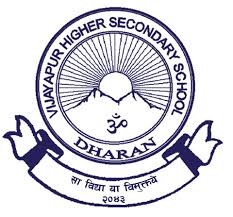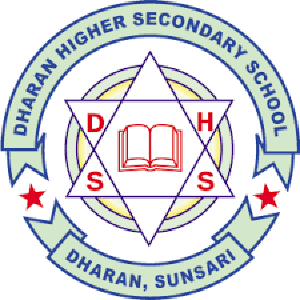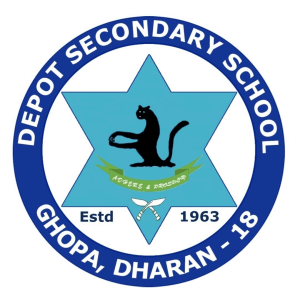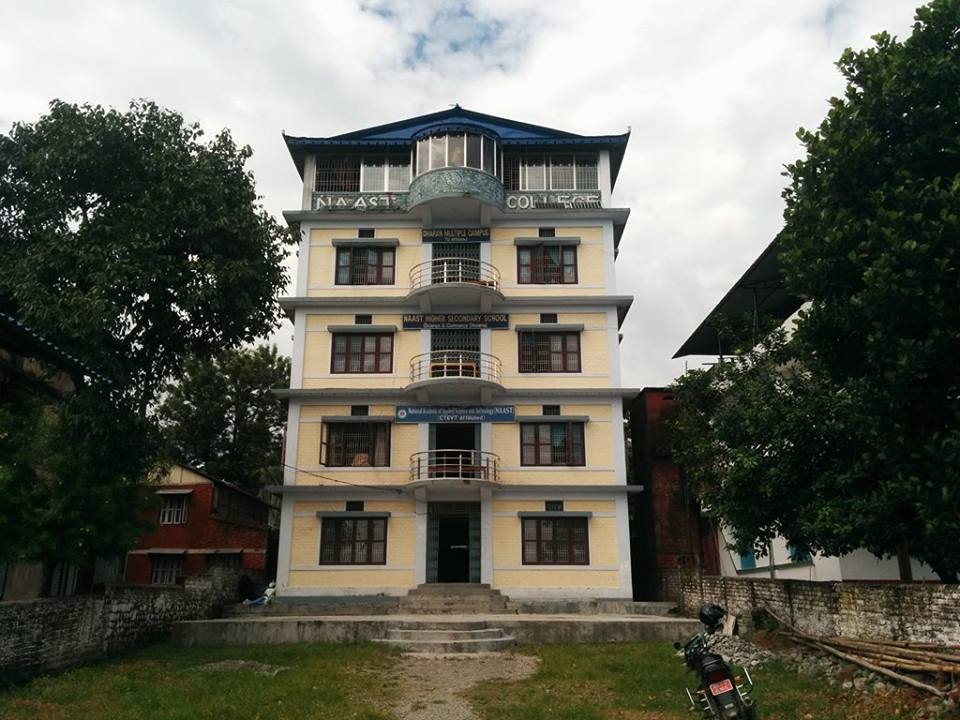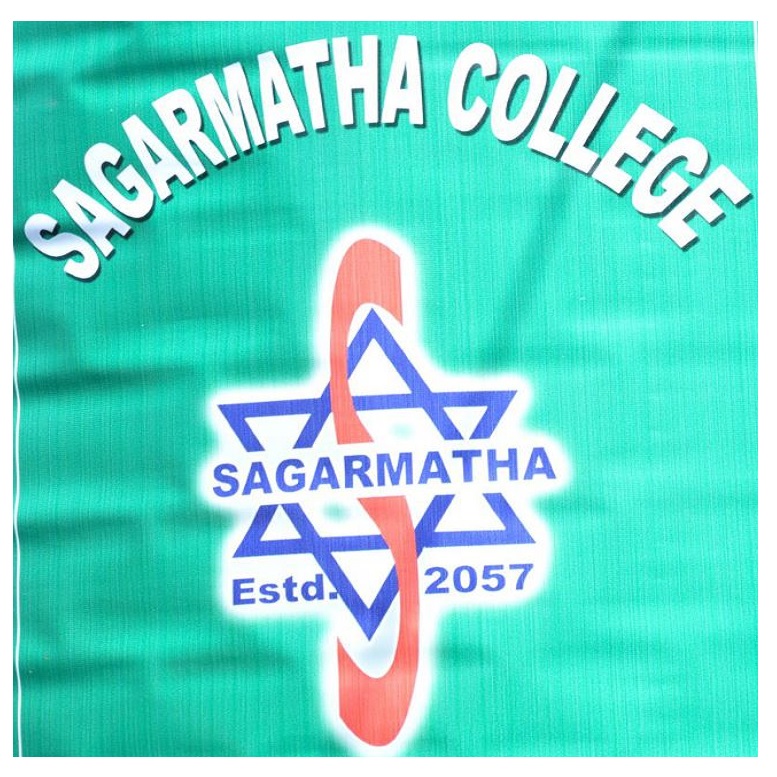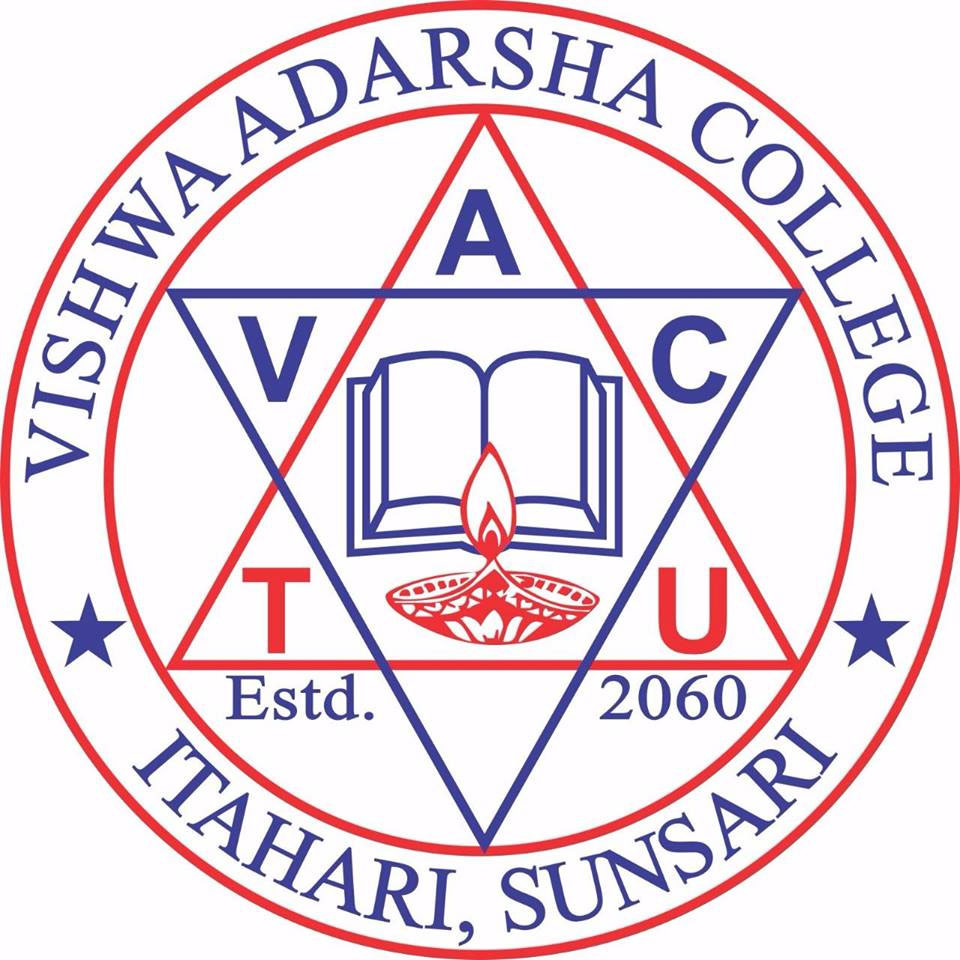Overview
Ten Plus Two (+2) Science at Aagaman Campus, Duhabi-3, Sunsari
If you aim for medicine, engineering, agriculture, or pure sciences, the +2 Science at Aagaman Campus Sunsari sets the base for those goals.
The stream runs under the National Examination Board (NEB) framework on the Duhabi-3 campus.
Overview
The +2 Science stream follows NEB syllabi for Physics, Chemistry, Biology, and Mathematics. Timetables include theory classes, practical sessions in science labs, unit tests, and terminal exams.
Students receive guidance on subject combinations and study plans for Grade 11 and Grade 12.
Highlights
-
NEB +2 Science taught on the Aagaman Campus premises
-
Laboratory practice in Physics, Chemistry, and Biology
-
Mathematics support for engineering and quantitative fields
-
Counseling for subject selection and exam preparation
Curriculum Details
NEB structures the stream across two academic years. Physics introduces mechanics, heat, waves, electricity, and modern topics. Chemistry covers physical, inorganic, and organic sections with titration and qualitative analysis in the lab. Biology includes botany and zoology with microscope work and basic dissections where approved. Mathematics develops algebra, trigonometry, calculus, vectors, and probability.
Here’s what you’ll study over two years in broad terms:
-
Physics: kinematics, Newtonian mechanics, electricity, magnetism, optics, modern physics
-
Chemistry: stoichiometry, thermochemistry, periodicity, reaction mechanisms, practical titration
-
Biology: cell biology, plant and animal systems, ecology, genetics basics
-
Mathematics: functions, sequences, differential and integral calculus, coordinate geometry, statistics
Objectives
Students build conceptual understanding and lab discipline for science degrees. Regular practice improves problem-solving speed and accuracy, which helps in entrance tests after Grade 12.
Scope
Graduates apply for engineering, MBBS/BDS, BSc, Agriculture, Forestry, Pharmacy, Nursing, and allied fields based on their subject mix and entrance performance. Some students switch to IT or data-focused programs where mathematics plays a central role.
Learning Outcomes
-
Solve standard problems in mechanics, electricity, and calculus
-
Conduct core lab experiments and record results clearly
-
Read and summarize science texts and journal snippets suitable for +2 level
-
Manage time under exam conditions using past questions and marking schemes
Skill Development Modules
-
Lab notebook keeping and error analysis basics
-
Numerical practice sets for Physics and Mathematics
-
Short research notes on local science topics and health awareness
-
Presentation tasks that explain an experiment or a solved problem step by step
Teaching Methodology
Teachers run chapter-wise lectures and lab sessions. Weekly practice sets keep students on pace. Terminal exams simulate NEB patterns to reduce exam stress. Library access supports reference reading and past-paper practice.
Admission Requirements
Applicants need SEE qualification as per NEB rules. Science stream entry normally expects strong grades in Mathematics and Science. The campus publishes intake notices with dates, document checklists, and section details. Required documents usually include SEE mark sheet, character and transfer certificates, photographs, and identity copy.
Career Opportunities
-
Pathway to medicine, dentistry, and allied health through national entrance tests
-
Engineering and IT degrees for math-focused students
-
BSc in physical or biological sciences, followed by teaching or lab work
-
Agriculture, Forestry, and environmental studies depending on interest
Scholarships and Financial Aid
Scholarships are announced for deserving and under-served students. Applicants should ask for current categories, required documents, and deadlines. Fee information is program-specific; request the session-wise breakdown from the office.
Why Choose This Course?
Students who enjoy problem solving, experiments, and quantitative work gain steady preparation for bachelor-level science and health fields. The Duhabi-3 location suits daily commuters, and the campus labs support routine practicals essential for NEB evaluation.
Conclusion
The +2 Science at Aagaman Campus offers a structured path for Nepali students aiming for medical, engineering, and science routes. Consistent class attendance, lab practice, and timed problem sets raise readiness for Grade 12 finals and post-secondary entrance exams.


